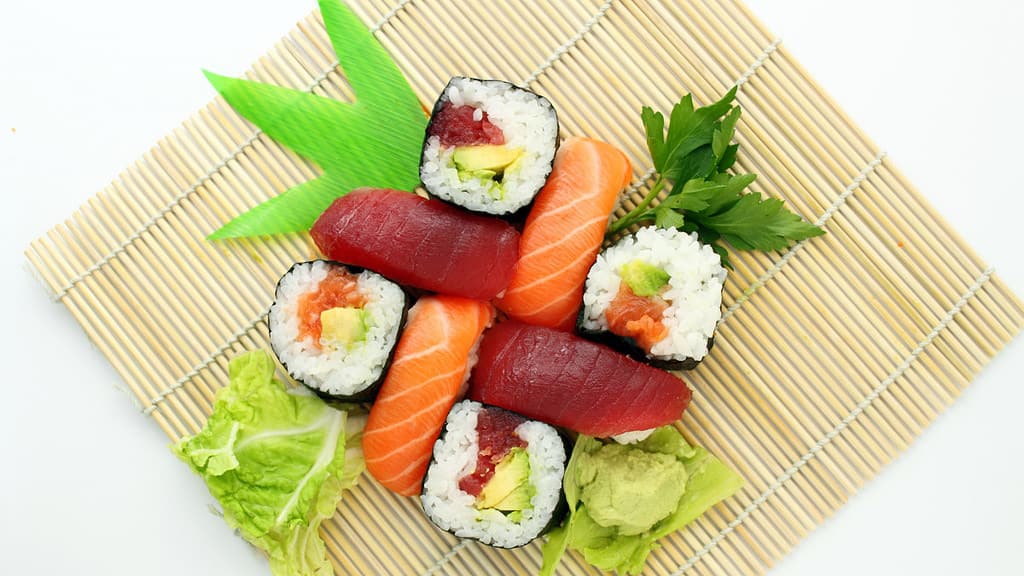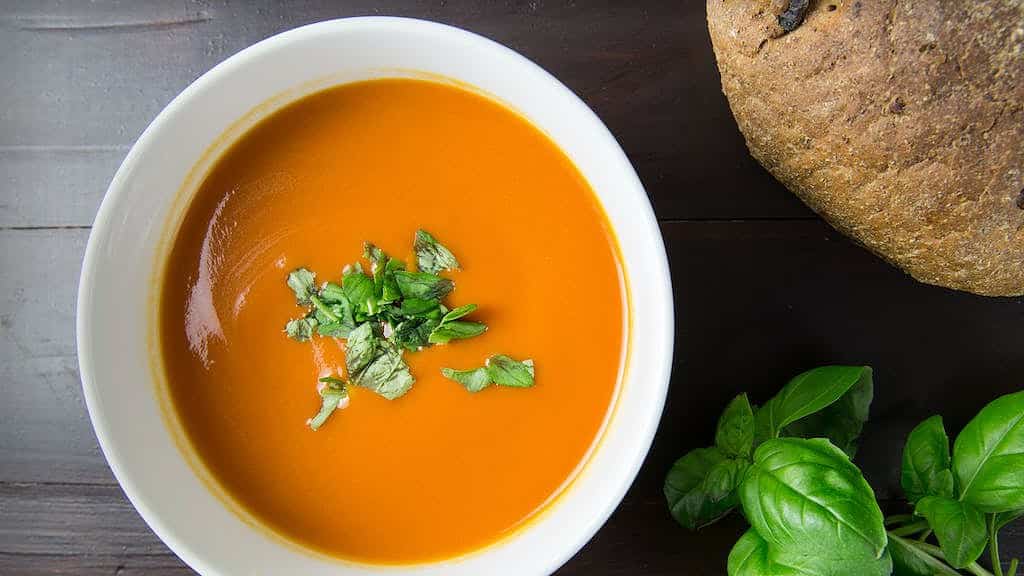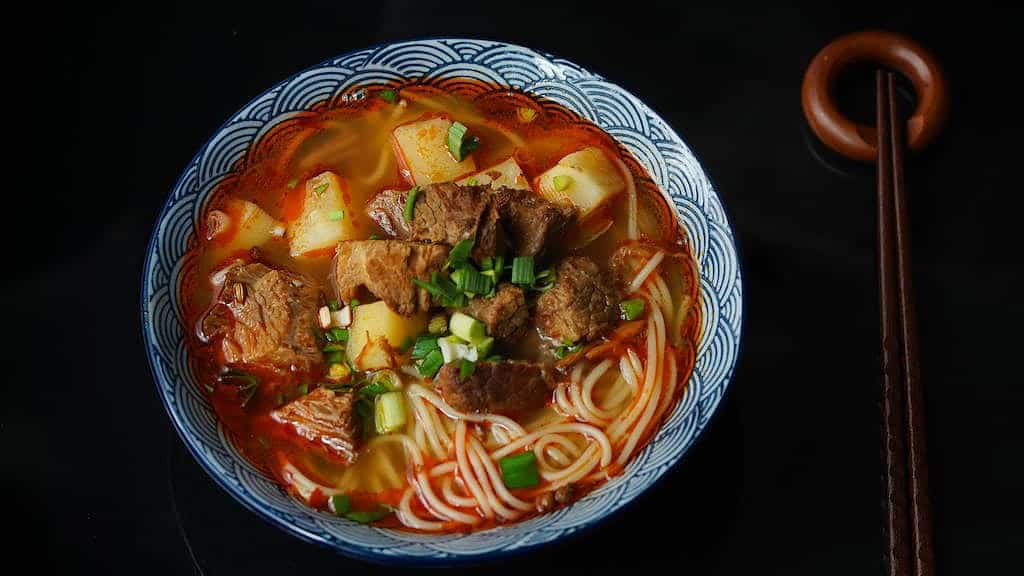Key Takeaways
- Not all types of sushi are safe for dogs.
- Raw fish can contain parasites or bacteria that may harm dogs.
- Some ingredients in sushi, like avocado or wasabi, can be toxic to dogs.
- Sushi rice, without any seasoning or soy sauce, may be a safer option in moderation.
- Consult with a veterinarian before feeding your dog any sushi or raw fish.
- Dogs have different dietary needs than humans, so it’s best to stick to their regular dog food.
- Feeding your dog small, cooked portions of fish like salmon or tuna can be a safer alternative to sushi.
- Always monitor your dog for any adverse reactions or digestive issues after introducing new foods.
- Providing a balanced and appropriate diet is crucial for the overall health and well-being of your dog.
- Remember that treats and occasional indulgences should not replace a dog’s primary diet.
Summary
Can my dog eat sushi? The answer is no, dogs should not eat sushi due to several reasons, including potential allergic reactions and the presence of ingredients that could be harmful to dogs. However, it is essential to understand the specific risks associated with sushi consumption for dogs, as well as alternative safe options for treating your furry friend. Exploring this article will provide a comprehensive understanding of the potential dangers and suitable alternatives, ensuring your dog’s well-being and allowing you to make informed decisions regarding their diet.

Can Dogs Eat Sushi?
Sushi is a popular and delicious Japanese cuisine, but it’s important to consider whether it is safe for your furry friend. While sushi may seem harmless, it can potentially pose health risks to your dog. The primary concern is raw fish, which can contain parasites and harmful bacteria such as salmonella or listeria. These bacteria can lead to food poisoning and gastrointestinal upset in dogs, causing symptoms like vomiting, diarrhea, and dehydration.
Another element to consider is the presence of seaweed in some types of sushi. Seaweed can be difficult for dogs to digest, potentially leading to blockages in their digestive system. Additionally, certain types of sushi may contain ingredients like avocado, which is toxic to dogs and can cause gastrointestinal distress. It’s essential to ensure that any sushi you offer your dog does not contain ingredients that are dangerous for them.
Safe Alternatives for Dogs to Enjoy
If you want to give your dog a taste of something similar to sushi, there are safer alternatives available. You can create dog-friendly versions using cooked and properly prepared ingredients. For example, you can substitute raw fish with cooked, boneless, and skinless fish like salmon or tuna. Similarly, instead of traditional sushi rice, you can use plain cooked rice that does not contain any seasonings or additives.
Additionally, make sure to avoid using any ingredients that are harmful to dogs, such as avocado, garlic, onion, or excessive amounts of salt. Always consult with your veterinarian before introducing any new foods to your dog’s diet to ensure they are safe and suitable for their consumption.
Potential Risks and Precautions to Consider
Although certain cooked sushi alternatives can be safe for dogs, it’s vital to remember that some dogs may have specific dietary restrictions or allergies. Introduce new foods gradually and in small portions to monitor how your dog’s digestive system responds. If you notice any signs of discomfort, vomiting, or diarrhea, discontinue offering sushi or the specific ingredients causing the reactions.
Furthermore, always be cautious when providing seafood to dogs as they can be prone to mercury toxicity. Fish with high levels of mercury, like tuna, should be avoided. Opt for low-mercury fish options, and consult your vet for advice on suitable fish choices for your dog.
Other Healthy Treat Options for Dogs
If you’re looking for alternative healthy treat options for your pooch, there are numerous safe choices available. Consider providing sliced apples or carrots as crunchy snacks, which can be beneficial for your dog’s dental health. Cooked lean meats like chicken or turkey can serve as protein-rich treats, but always remember to remove bones, skin, and excess fat before offering them to your dog. Additionally, various commercial dog treats exist specifically formulated with the necessary nutrients for your dog’s well-being.
Quick Recap
Sushi, especially raw fish, is not recommended as a regular part of your dog’s diet. The potential risks of food poisoning from bacteria, digestive issues from seaweed, or avocado toxicity should be avoided. However, if you want to share a sushi-like experience with your canine companion, using cooked and suitable ingredients can provide a safer option. Remember to prioritize your dog’s health and consult your vet before introducing any new foods into their diet.
Always pay attention to your dog’s individual dietary needs and preferences, and opt for healthier alternatives when it comes to treats to ensure their overall well-being.
Recipes and Alternatives to sushi for dogs
Dogs should not eat sushi as it can be harmful to their health. Raw fish may contain parasites or bacteria that can cause digestive issues or even food poisoning in dogs. It is important to prioritize their safety and provide them with a balanced diet that meets their nutritional needs. Here are some alternative foods that are safe and healthy for dogs:
- Lean meats such as chicken, turkey, or beef (cooked and unseasoned)
- Fruits like apples, bananas, or blueberries (in moderation and without seeds or pits)
- Vegetables such as carrots, green beans, or sweet potatoes (cooked and plain)
- Plain, unsalted peanut butter (without xylitol)
- Plain, cooked rice or pasta (without any seasoning or sauces)
Can My Dog Eat Sushi – Frequently Asked Questions (FAQ)
1. Is sushi safe for dogs?
While sushi in itself is not toxic to dogs, it’s generally not recommended to feed it to them. Sushi often contains ingredients that may not be suitable for your furry friend’s digestive system or overall health.
2. What are the potential risks of feeding sushi to my dog?
Feeding sushi to your dog can pose a few risks:
- Raw fish: Uncooked or undercooked fish can contain parasites or bacteria that may cause digestive issues or food poisoning.
- Bones and cartilage: Sushi often contains small fish bones or cartilage, which can pose a choking hazard or cause internal damage to your dog.
- Spicy ingredients: Some sushi may be prepared with spicy ingredients like wasabi or chili peppers, which can irritate your dog’s stomach and cause discomfort.
- Salt and seasoning: Certain sushi varieties are high in salt, which can be harmful to dogs and may contribute to dehydration or other health problems.
3. Can dogs eat cooked sushi?
While it’s generally safer to feed cooked sushi to your dog, it’s still important to be cautious. However, keep in mind that sushi often contains ingredients, like soy sauce or certain seasonings, which are high in sodium and can lead to health issues for your dog.
4. Are there any sushi ingredients that are safe for dogs?
Some sushi ingredients may be safe for dogs if prepared and served in moderation, such as:
- Plain, cooked fish without seasoning
- Avocado (in small amounts)
- Cucumbers (in small amounts)
Always consult with your veterinarian before introducing any new foods into your dog’s diet.
5. What should I do if my dog accidentally eats sushi?
If your dog consumes sushi, especially in large quantities or with potentially harmful ingredients, it’s best to watch for any signs of discomfort or illness. If you notice symptoms like vomiting, diarrhea, abdominal pain, or lethargy, contact your veterinarian immediately for guidance.
6. What are some safe alternatives to sushi for my dog?
If you want to treat your dog with something special, there are various dog-friendly alternatives to sushi, including:
- Lean, cooked meats without seasoning
- Steamed vegetables like carrots or green beans
- Plain, unsalted rice
- Pumpkin or sweet potato puree (in small amounts)
- Commercially available dog treats specifically made for canine consumption
Remember to introduce new foods gradually and in moderation to avoid any digestive upset.
Conclusion
While sushi itself is not toxic to dogs, it is generally not recommended to feed raw fish to your furry friend. Raw fish can contain bacteria, parasites, or other harmful pathogens that may lead to digestive issues, such as vomiting or diarrhea. Additionally, certain sushi ingredients like avocado or spicy sauces can be potentially toxic to dogs. If you’re craving sushi and want to treat your dog, consider preparing a homemade dog-friendly version using cooked fish and dog-safe ingredients. Remember to consult with your veterinarian before introducing any new food into your dog’s diet.
📚 Sources:











